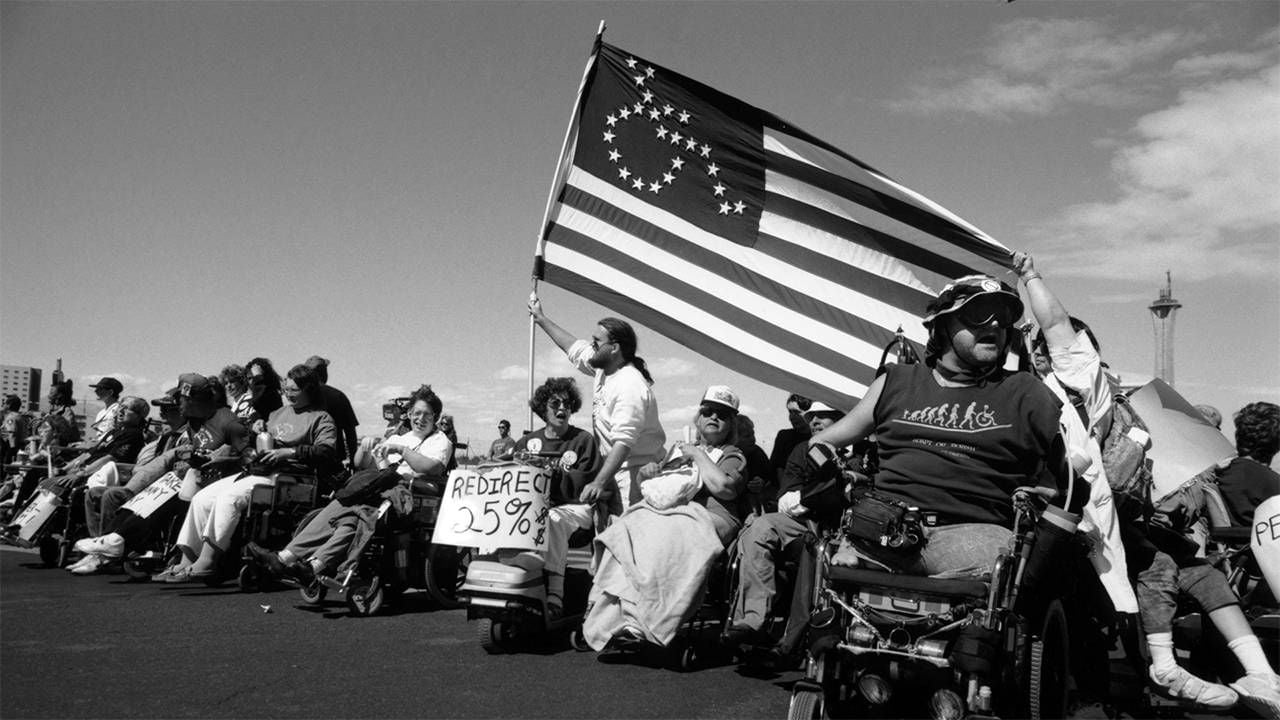Welcome!

“Let's stop 'tolerating' or 'accepting' difference, as if we're so much better for not being different in the first place. Instead, let's celebrate difference, because in this world it takes a lot of guts to be different.”
– Kate Bornstein, author, playwright, performance artist, and gender theorist.
The disability rights movement is a civil rights movement aimed at securing the rights of people with disabilities on numerous levels: in politics, law, education, religion, medicine, and access to the physical environment. The movement aims to change the way that society treats disability in these realms in order to ensure that people with disabilities will be able enjoy equality of access and full social participation.
Although many theories are used to consider disability, two of the most important are the “medical” model and the “social” model of disability. The medical model centers on the treatment of individual disabilities, as well as research in the rehabilitation sciences. This model tends to see independence and life quality in terms of ability to perform physical tasks such as walking and talking, rather than in social and cultural terms. Many disability rights activists and scholars find this way of thinking problematic, arguing that it prevents the disabled from developing a minority group identity and overlooks important elements of their experience.
The alternative to the medical model is the social model of disability, which has guided a number of civil rights reform efforts. This model divides the experience of disability into two concepts: “impairment” and “disability.” Impairment refers to the physical, sensory, or mental limitations of an individual, while disability speaks to the manner in which social and physical barriers limit disabled people's opportunities to participate equally in society.
Fundamental rights
4 Essential Disability Rights
1. Non-discrimination
2. Equal access and opportunity
3. Equal inclusion
4. Complete societal participation
Dominican University Statement
Dominican University is committed to policies and practices that foster diversity, equity and inclusion, eliminate bias and enable students of all backgrounds to thrive. Find out more about how the entire Dominican University community is working to deliver on that promise.
